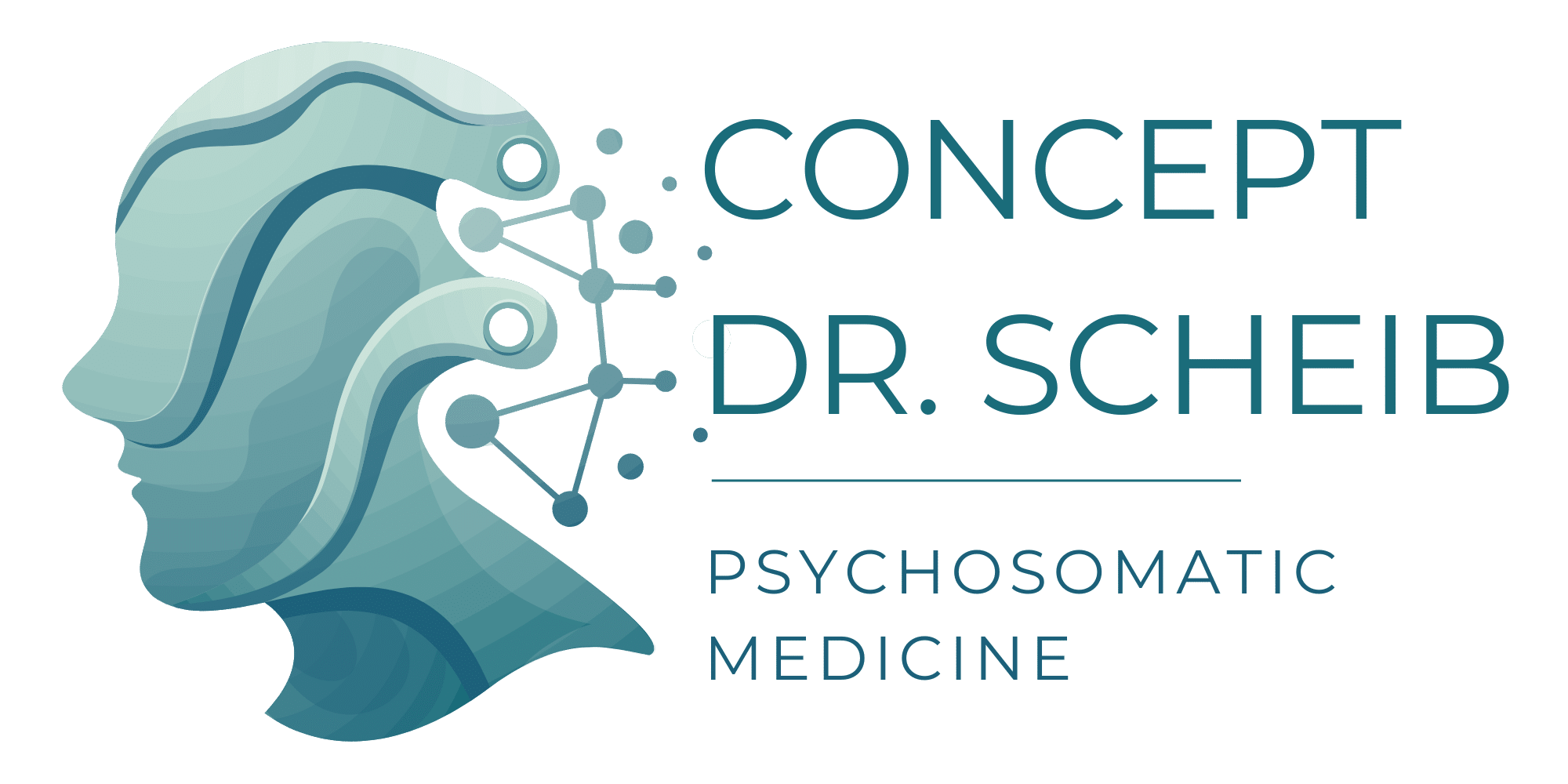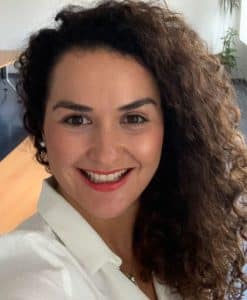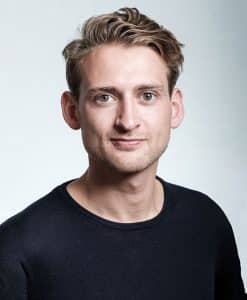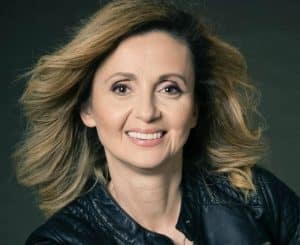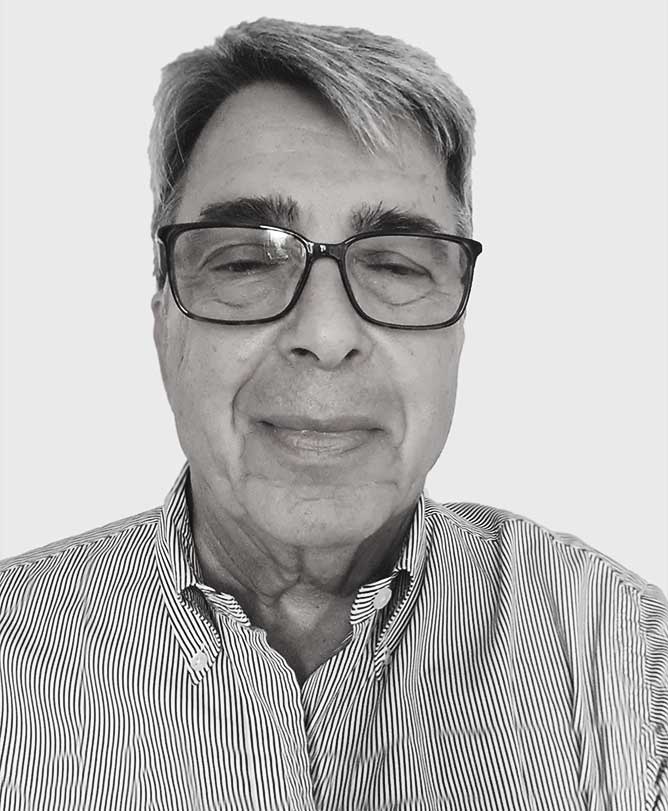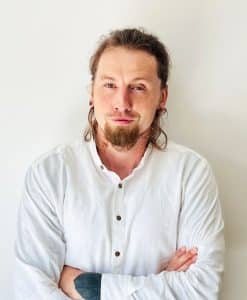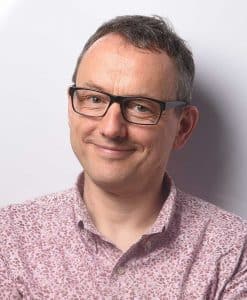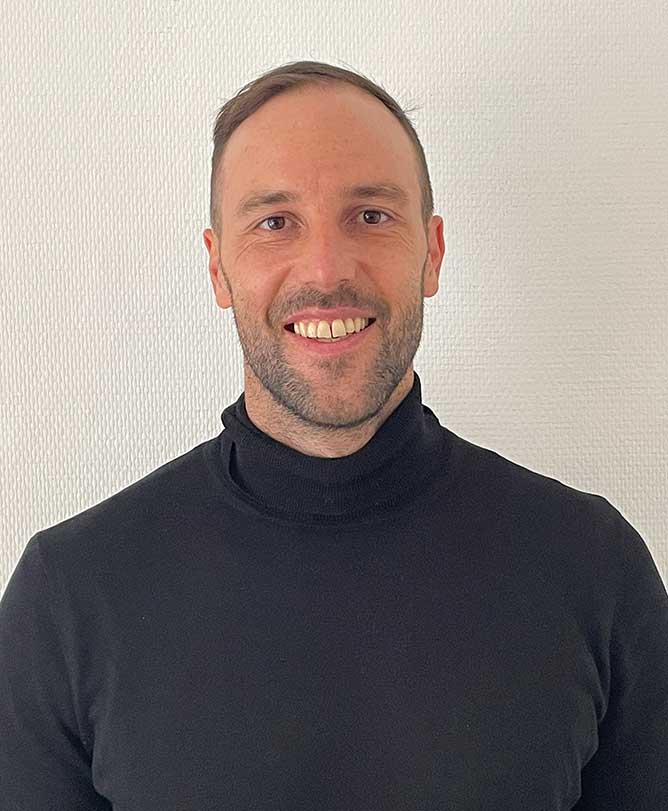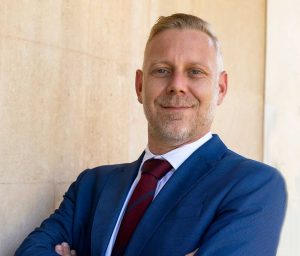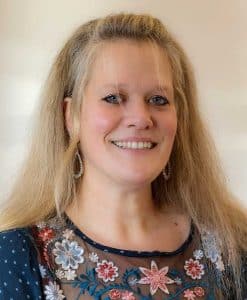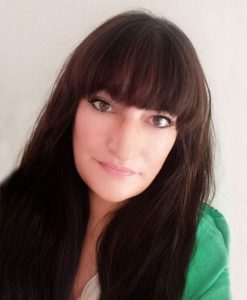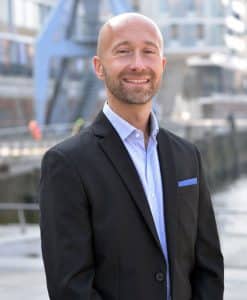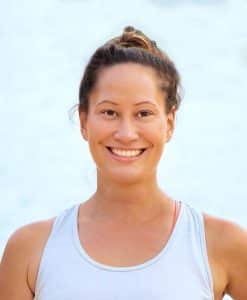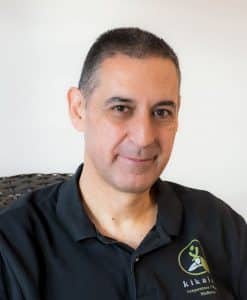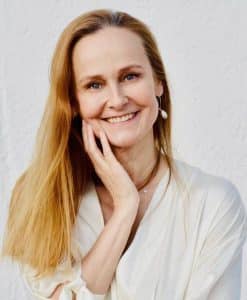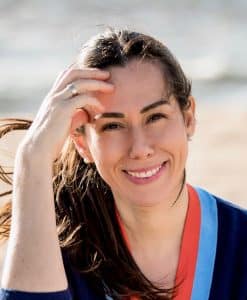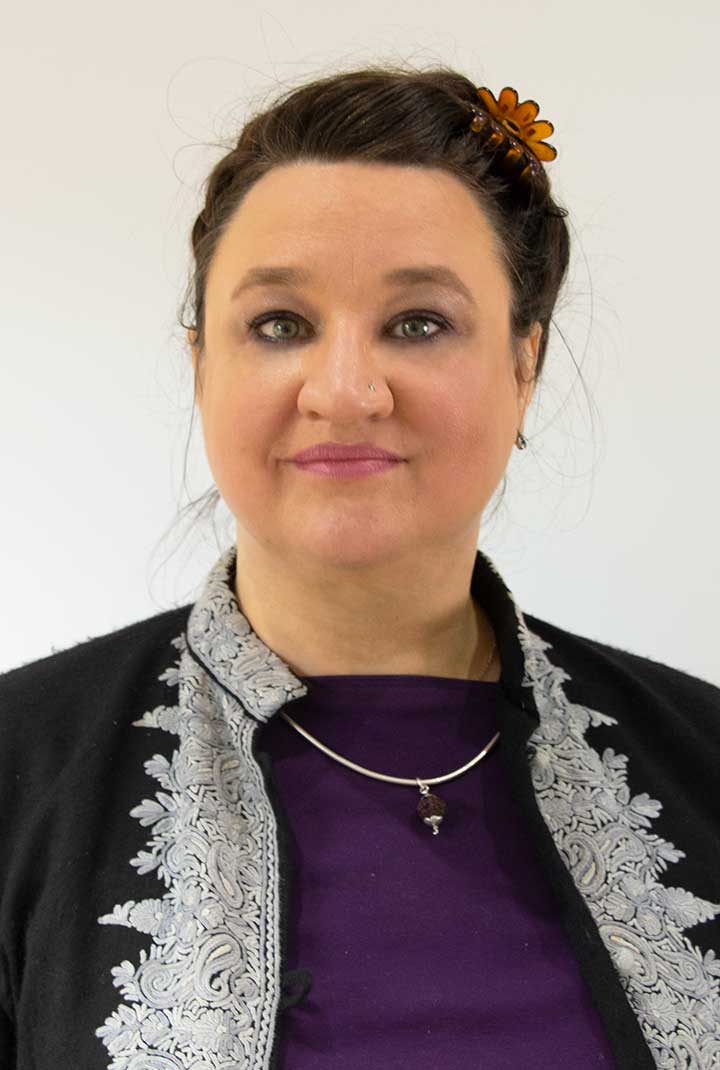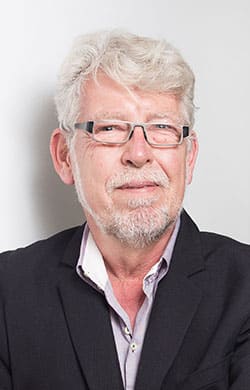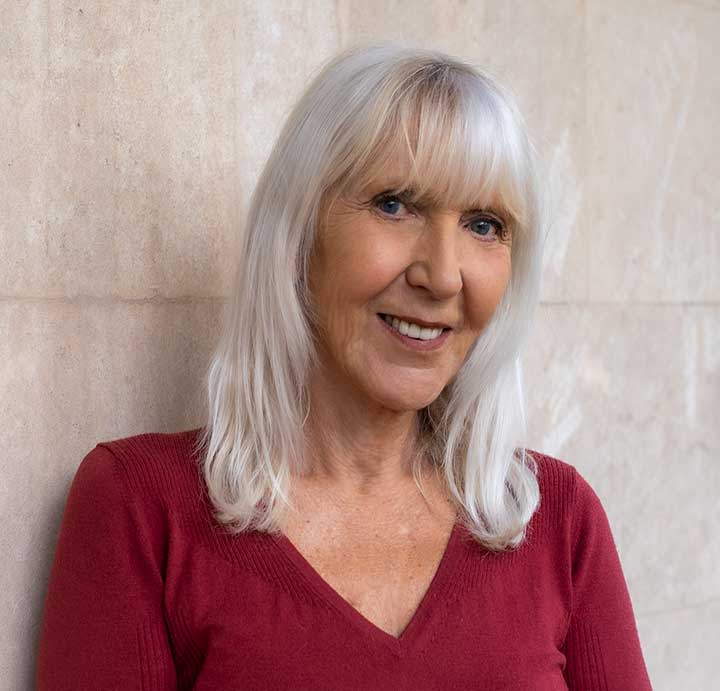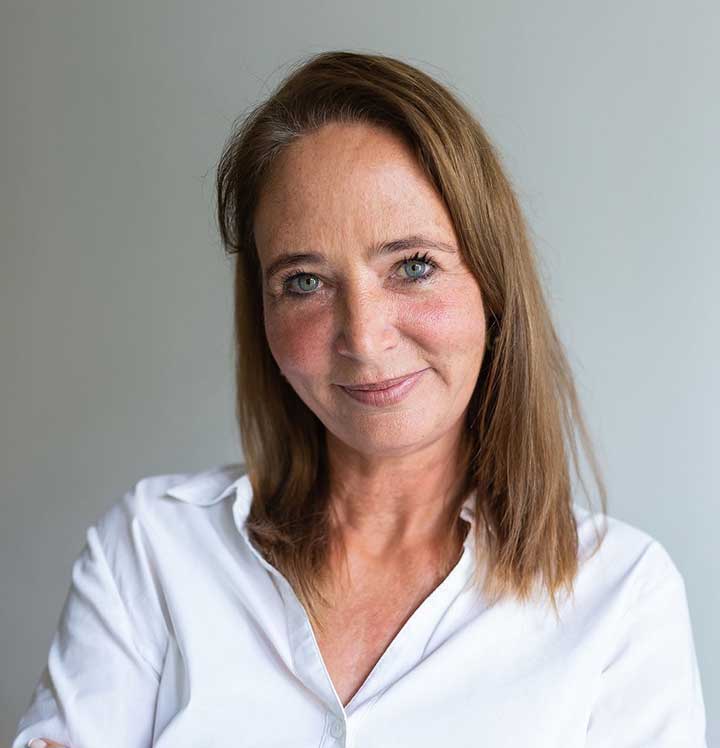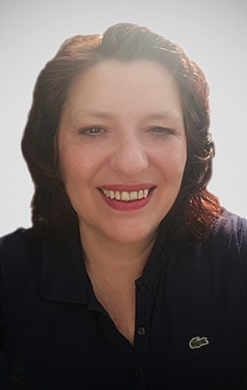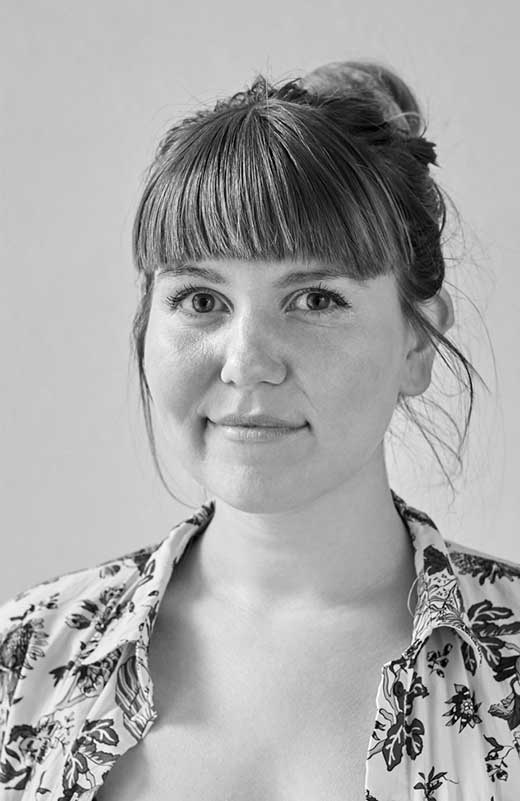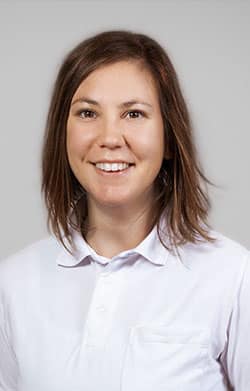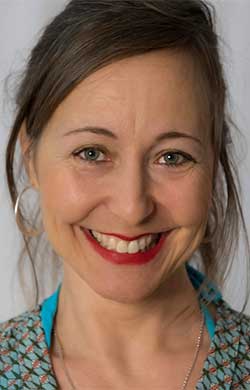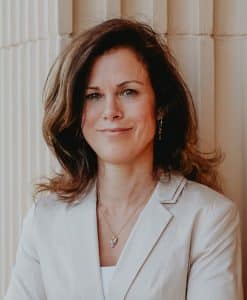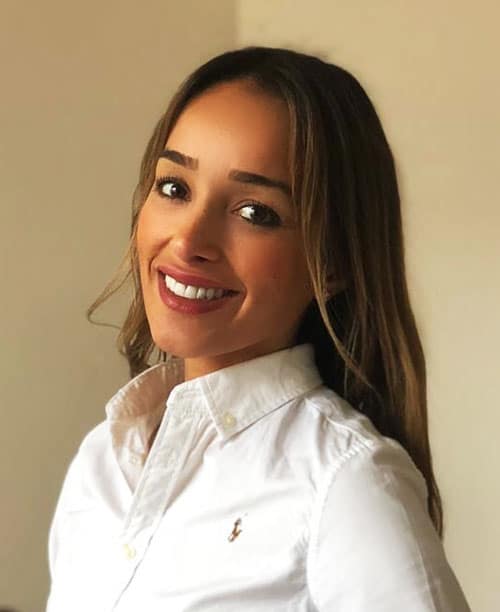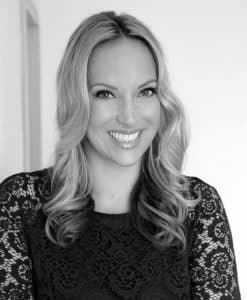Depression - symptoms and treatment
Depression: symptoms and treatment at the private practice for psychosomatic medicine Dr. Scheib.
Recognising and treating symptoms of depression
About one in four people will experience a depressive episode at least once in their life, or suffers from permanent depression. There are many symptoms of depression. The illness not only means a loss of quality of life, but it is also linked to the development and progression of risk factors for other diseases, such as coronary heart disease and cancer. About 9000 people take their own lives every year due to depression and its symptoms in Germany alone. Treatment is often exclusively with medication, usually serotonin reuptake inhibitors (SSRIs), sometimes with additional psychotherapy.
Our innovative therapy concept for the treatment of depression consists of a combination of ketamine therapy with hypnosis, repetitive transcranial magnetic stimulation (rTMS), neurofeedback and intensive psychotherapy. Ketamine promotes neuroplasticity, and thus the brain’s ability to absorb and process new information. This increases the effectiveness of psychotherapy and other therapeutic treatments. With this treatment we achieve long-term success in a relatively short period of time. This intensive therapy can be compressed into a period of between 10 days and 3 weeks, but can also be spread over a longer periods for outpatients. Even in the case of therapy-resistant depression, the treatment with our combined ketamine therapy is very successful.
Even after only one ketamine infusion, a clear improvement in symptoms of depression can often be seen. Ketamine is the only known substance that immediately makes suicidal thoughts disappear. A permanent intake of medication is often no longer necessary after undergoing our treatment.
Since the effect of ketamine often does not last, the combination with other therapies is particularly important in the treatment of depression. At our therapy centres we have the possibility of using a combination of all the effective methods.
Depression – Test yourself:
Modified from Beck

Time's up
Specialized treatments for depression
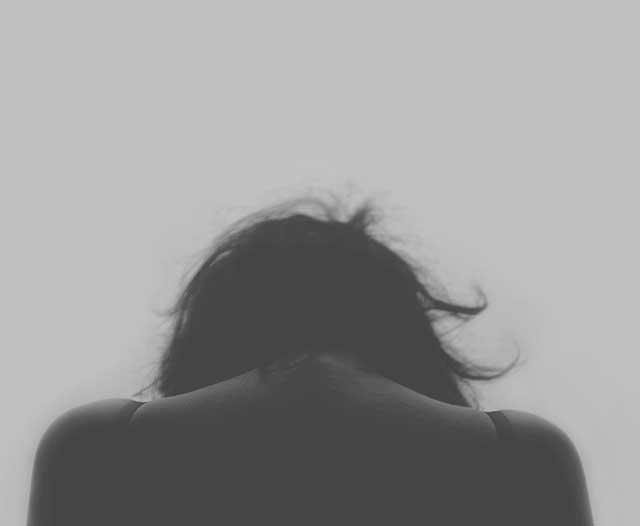
Postpartum Depression
Postpartum depression is a serious illness. More than 10% of all mothers develop depressive symptoms after giving birth. In some cases, this even leads to a significantly increased risk of suicide.
The following symptoms can occur with postpartum depression:
- depressed mood
- Loss of interest
- Loss of appetite
- sleep disturbances
- increased fatigue
- feelings of worthlessness
- feelings of guilt
- reduced concentration
- suicidal thoughts or attempts
- problems establishing an emotional relationship with the child
Conventional antidepressants pass into breast milk and are therefore problematic. Repetitive transcranial magnetic stimulation however, is a very effective, non-invasive treatment for postnatal depression. It does not affect breast milk. We combine this treatment with Hypnosis and / or an intensive psychotherapy.
Therapy-resistant depression
We also specialise in treating therapy-resistant depression. Our treatment with ketamine therapy in combination with hypnosis, intensive psychotherapy and brainwave techniques achieve a rapid but long-term improvement in therapy-resistant depression. Many patients who had already previously given up, leave our clinic with new hope of a normal life. Our ketamine therapy is now even recommended by the ‘’Central Institute for Mental Health’’ in Mannheim as a treatment option for therapy-resistant depression. Many health insurance companies contribute to the costs in individual cases given that at least two different antidepressants have been trialled over a sufficiently long period of time and with a sufficient dosage, but have been unsuccessful in treating the depression.
Depression: Treatment in Mallorca and Andalusia
The treatment of depression in all our locations begins with a comprehensive diagnosis, in which existing findings are evaluated. Other important psychological and medical examinations are also carried out. Depending on the type and severity of the symptoms, the following examinations are carried out before therapy begins in order to combat the depression.
Detailed medical history
The patient’s biography is examined for possible life history causes of the depression, but also for details that could be important for the further treatment of the depression.
Psychological test diagnostics
There are various psychological test procedures that can be used to test the severity of a depression, as well as accompanying symptoms. These findings serve not only for planning the therapy, but also to monitor the course and success of the therapy.
Sleep laboratory
One of the common symptoms of depression is sleep disorders. Sometimes, however, undiagnosed sleep apnoea can also lead to depressive symptoms. Therefore, as part of our treatment for depression, our patients are connected to a small device for one night which records breathing, heart rate, EEG, muscle tone and snoring,
Quantitative EEG (brain mapping)
The activity of the different regions of the brain is measured at different frequencies and displayed as a kind of map of the brain. In the case of depression typical changes in activity can often be seen. These results are evaluated and can then be used as starting points for Neurofeedback training. The quantitative EEG also provides information about which further therapy methods are particularly likely to be successful for each patient.
HRV measurement
Reduced heart rate variability is also a symptom of depression. Depression also increases the risk of various heart diseases. In the course of therapy HRV usually improves significantly.
ECG, MRI, CCT, blood tests
Depending on the severity of the depression and its symptoms, additional medical examinations may be considered. In particular, underlying diseases that may be associated with depressive symptoms. For this purpose we work closely with other specialised practices and clinics.
Therapy concept for Depression: innovative & multimodal
After an intensive medical and psychological diagnosis at the start of our therapy for depression, our innovative, multimodal therapy concept uses the following treatment elements:
Ketamine infusions
Ketamine infusions promise an immediate antidepressant effect, the response rate is 80-90%. Depressive symptoms like anxious tension and suicidal ideation disappear, neuroplasticity improves, which makes treatment with rTMS, hypnosis and psychotherapy more efficient. Providing that there is no untreated high blood pressure or severe heart disease, ketamine infusions are safe and harmless. For decades the substance has been used in much higher doses as a safe anaesthetic. Ketamine is broken down in the body after only a few hours. The effect, however, lasts for weeks or sometimes months. This is called a “hit and go” effect. The advantage: regular medication is not necessary, which makes the treatment more suitable for certain occupational groups, such as airline pilots.
Hypnosis
Hypnosis is another main component of our therapy for depression. In combination with the ketamine infusions, the hypnosis sessions can improve the effect of the ketamine. Hypnosis uses the dissociative effect of the ketamine to quickly gain insights and new ways of thinking. We have combined this mutual effect in our ketamine-hypnosis package to form a unique treatment concept over several appointment sessions.
Psychotherapy
We use the improved learning ability provided by the ketamine treatment for an intensive Psychotherapy, which is usually two hours daily. This leads to rapid cognition and cognitive restructuring. Both behavioural therapy and psychodynamic therapy are effective in the treatment of depression. If needed, and extension can be reached by adding EMDR.
Repetitive transcranial magnetic stimulation (rTMS)
Another important instrumental method used in our therapy for depression is repetitive transcranial magnetic stimulation. In rTMS, certain parts of the brain are stimulated or subdued by strong, pulsating magnetic fields. The procedure also improves neuroplasticity and has a clear antidepressant and anxiety-relieving effect. It is FDA approved for the treatment of depression and compulsions and is included in the German S3 guidelines for the treatment of depression.
Transcranial direct current stimulation (tDCS)
In transcranial direct current stimulation, a weak current is passed through the brain via two electrodes which are placed on the head. This changes the sensitivity of the nerve cells and their activity. The strength of the current is very weak. The procedure is non-invasive and free of any dangerous side effects. It can be used in the treatment of depression, addiction, eating disorders, but also in competitive sports, to improve high-speed power performance. Compared to repetitive transcranial magnetic stimulation, one advantage of the tDCS method is that it is less expensive and the device is smaller. If the treatment is successful, patients can purchase smaller devices and continue treatment at home to maintain the therapeutic effect.
HRV biofeedback
The length of a heartbeat is controlled by the autonomic nervous system, especially the vagus nerve. In patients with depression or coronary heart disease, the heart’s controllability is limited. Through biofeedback, which is based on the change in the pulse fluctuation range (HRV), the heart’s capabilities can be expanded again, which also has an antidepressant effect.
Neurofeedback
In depressive patients, certain parts of the brain are underactive, while others are overactive. These states of activity can be measured in a quantitative EEG and then trained to increase or decrease with a biofeedback system. Neurofeedback has a particularly positive effect on sleep disturbances that exist in most depressive patients. If the results of neurofeedback training during inpatient therapy for depression are positive, we provide our patients with amobile device, on a loan basis, with which the therapy programme can be continued at home. They are accompanied by us telemetrically.
Sports therapy
One of the quickest and simplest treatments for depression is physical activity. However, depressive patients are usually difficult to motivate. In sports therapy, we work with the patient to develop activities that help reduce aggression and lead to relaxation.
Relaxation techniques
Autogenic training, yoga, progressive relaxation and Mindfulness Based Stress-relief lead to relaxation, improve stress management, promote sleep and thus have a clear antidepressant effect.
Sleep deprivation
In some cases, complete sleep deprivation for one or two nights can bring about a significant improvement in depression. Sleep deprivation should always be carried out as an inpatient.
At present, we are not able to offer all the therapies at all of our therapy centres but we will be happy to advise you in which of our centers you can best be helped.
If you suspect that you are suffering from depression or have already undergone one orunsuccessful treatments, simply make an online appointment now, for an initial consultation with one of our therapists:
Book an appointment for a psychotherapeutic evaluation with one of our therapists:
All procedures
- Ketamine therapy
- Hypnosis
- Behavioral therapy
- Psychodynamic psychotherapy
- Neurofeedback
- HRV biofeedback and peripheral biofeedback
- Repetitive transcranial magnetic stimulation (rTMS)
- Transcranial direct current stimulation (tDCS)
- Yoga
F.A.Q. Ketamine treatment
Frequently asked questions about our Ketamine treatment
For privately insured patients, treatment is usually covered – depending on the contract. For patients with statutory german health insurance, the decision is often made on a case-by-case basis. If a depression has already been treated several times without success, it is called therapy-resistant depression. In this case, the chances are good of the costs being covered or at least a contribution to the costs is approved.
We are currently the only center in Europe where ketamine therapy, rTMS and intensive psychotherapy are offered simultaneously.
Ketamine is also used in the drug scene – but in a much higher dosage and not as a continuous infusion, but as a single dose. At this dosage, the depth of the trance cannot be controlled. Continuous use of high doses can cause chronic bladder infections.
There is no potential for dependence at the dosage used to treat depression and other conditions.
Ketamine has been an approved drug since 1970. When used for the treatment of depression, compulsions, etc., it is a so-called “off label” treatment. These therapies are common and legal, but are not always covered by health insurance.
Do you have further questions?
Contact us without obligation
Whether you are interested in treatment for yourself or a relative, or if you are a referring physician and would like more information, we will be happy to answer your questions. Simply write to us or call us: +34 601906694
